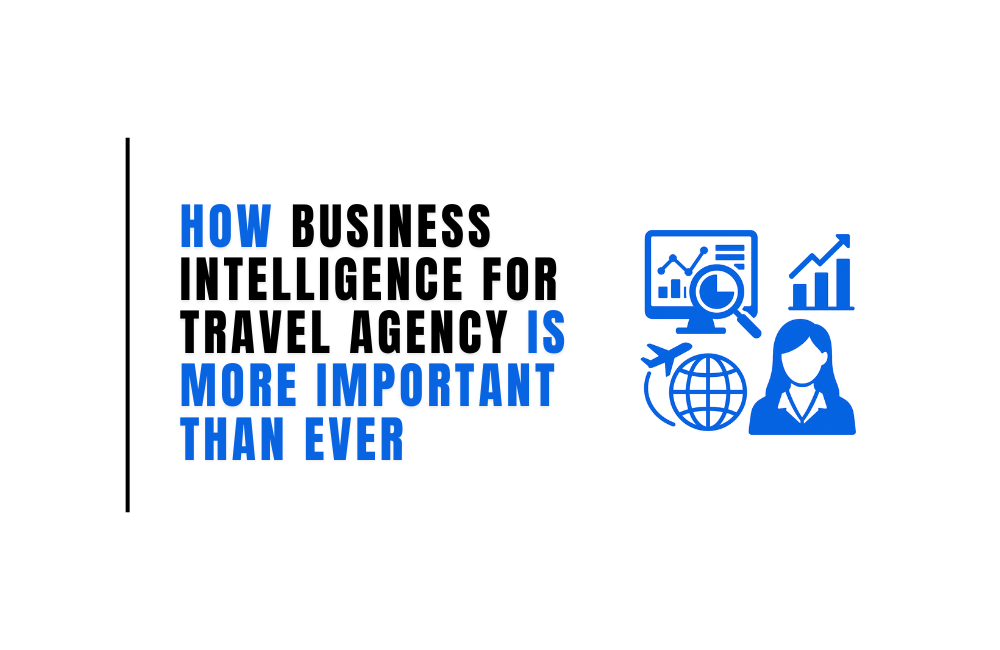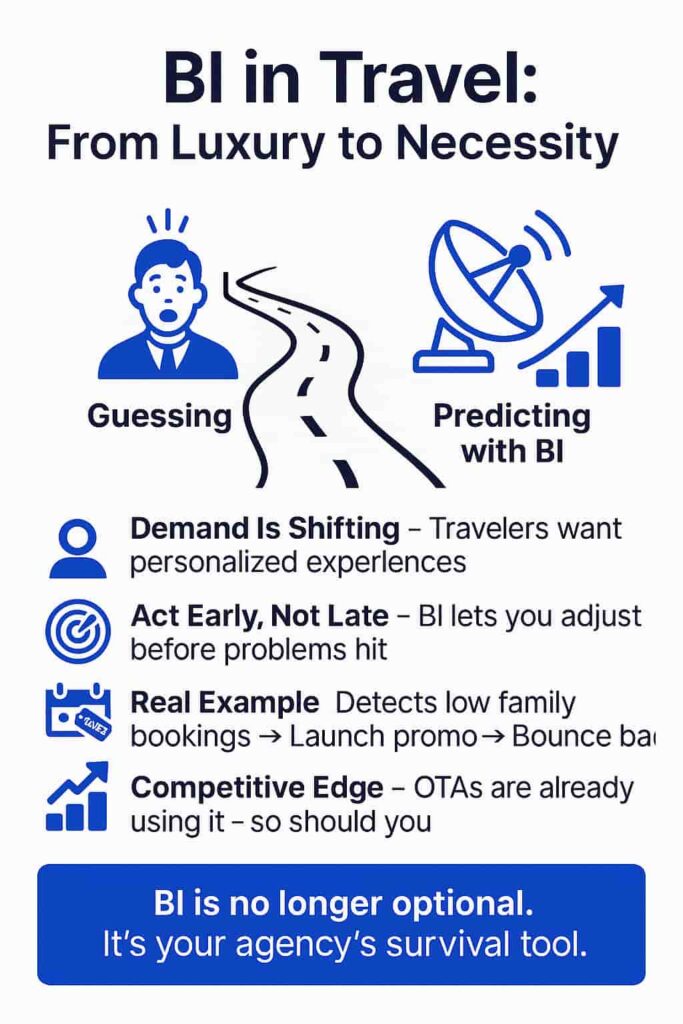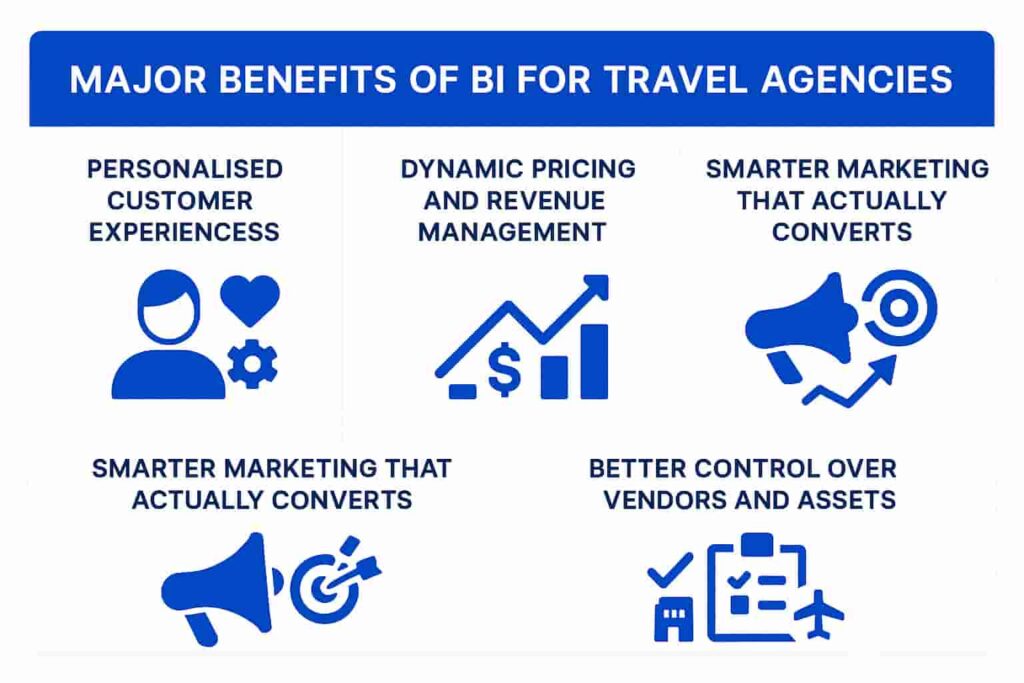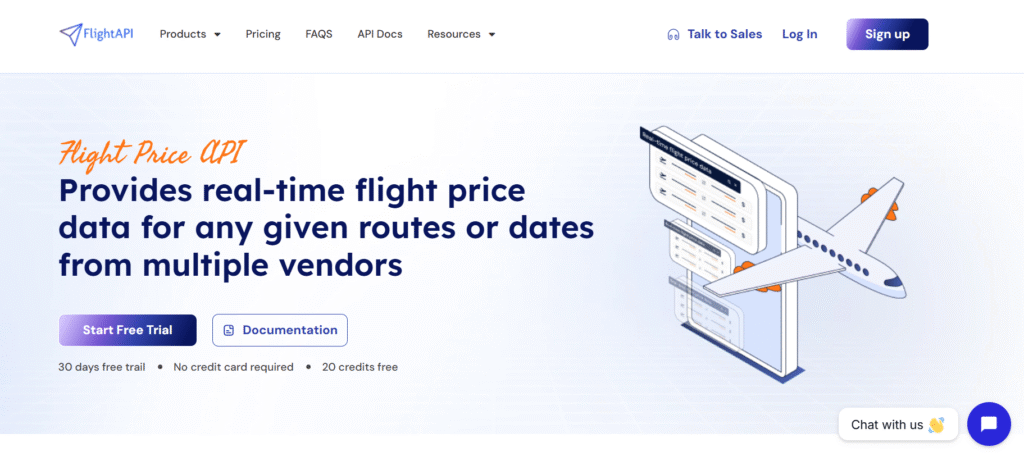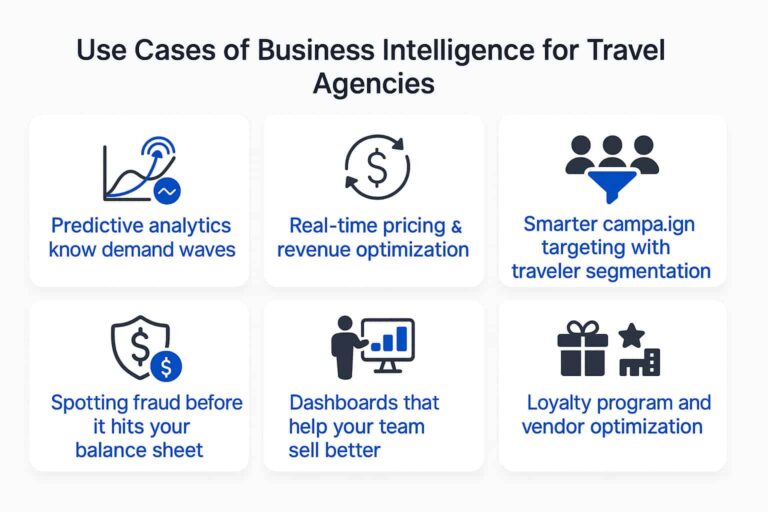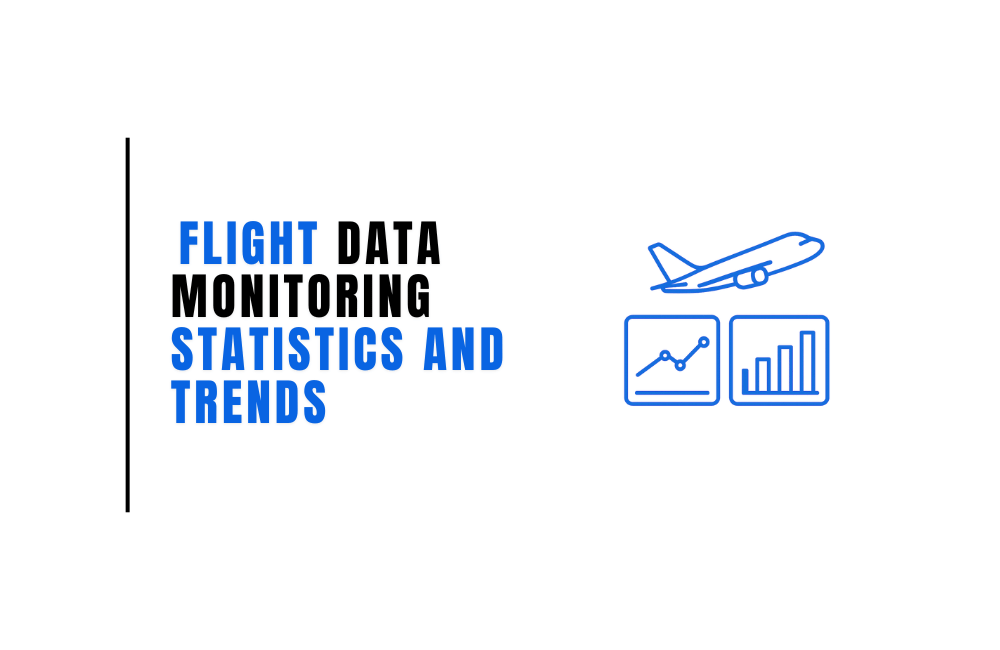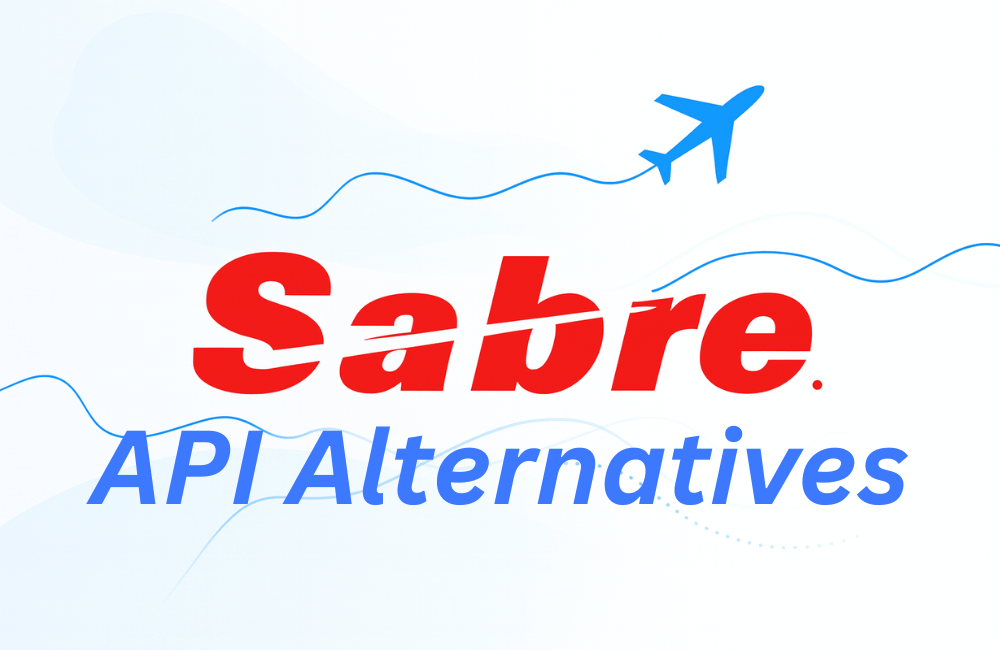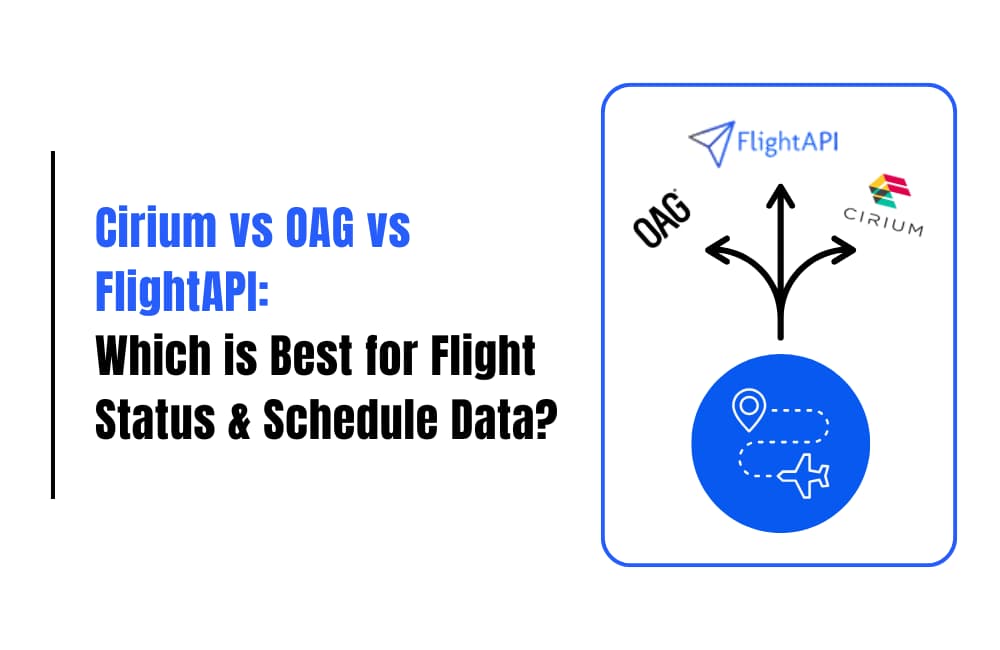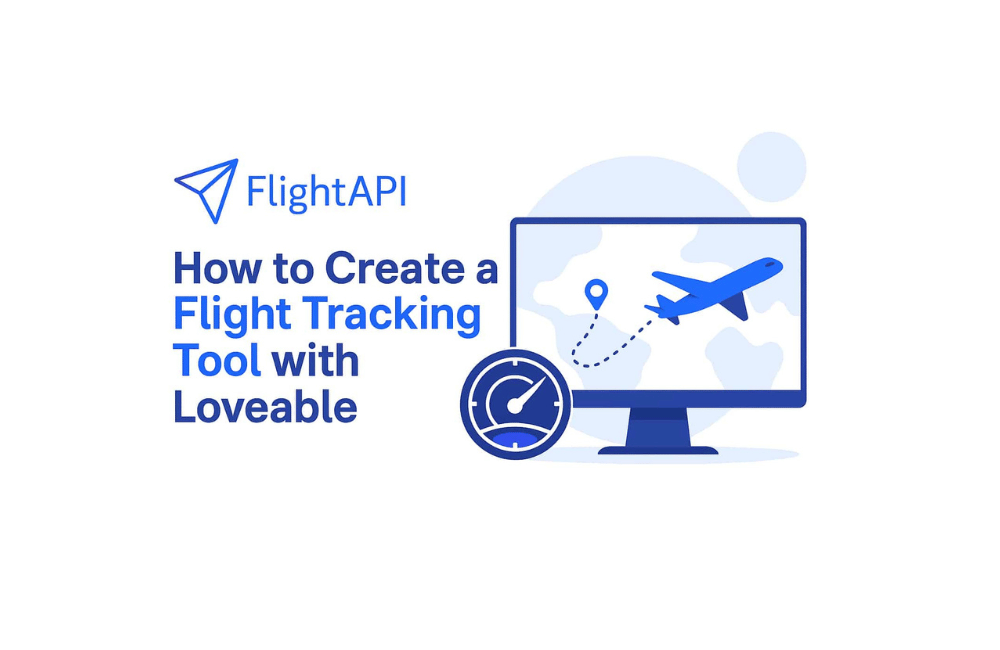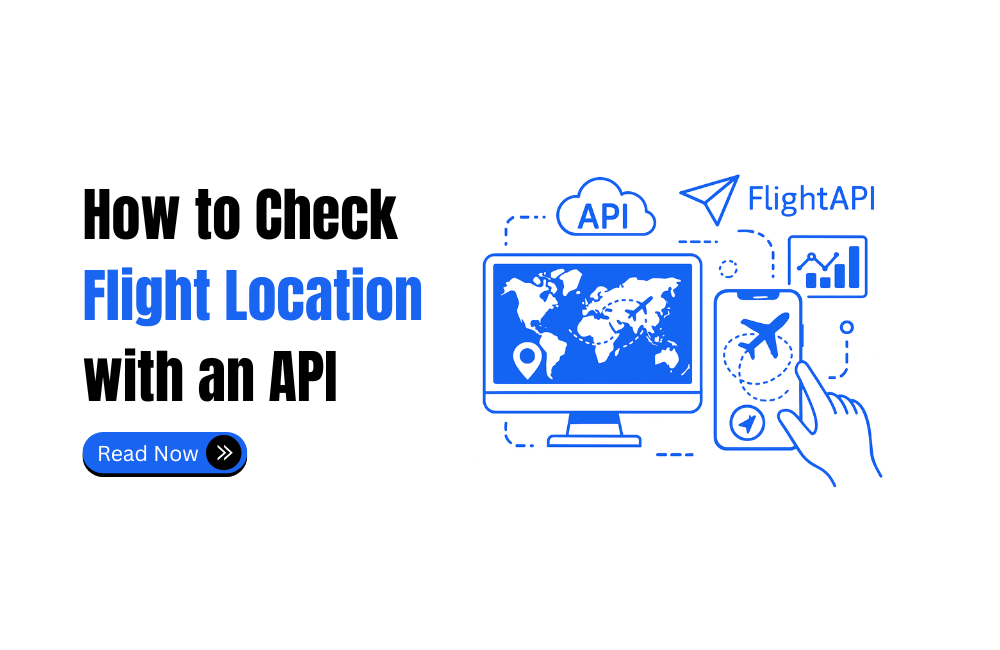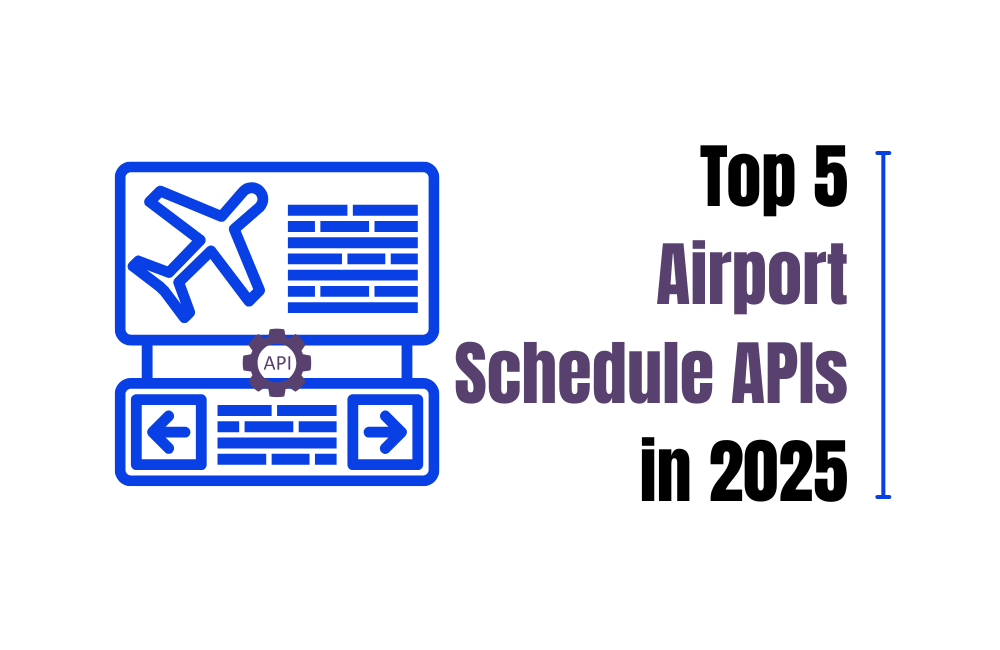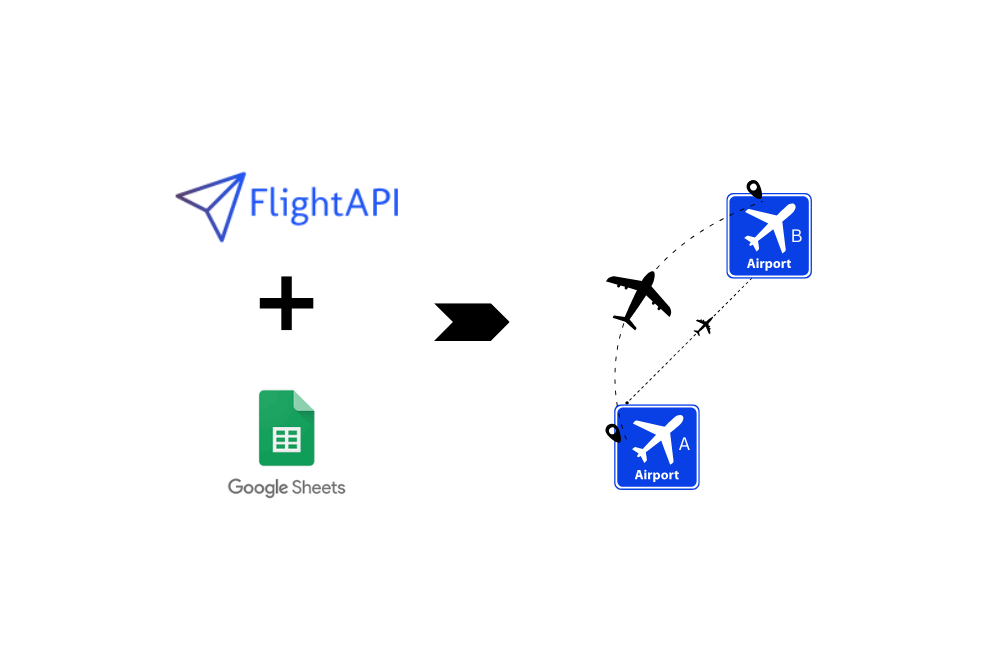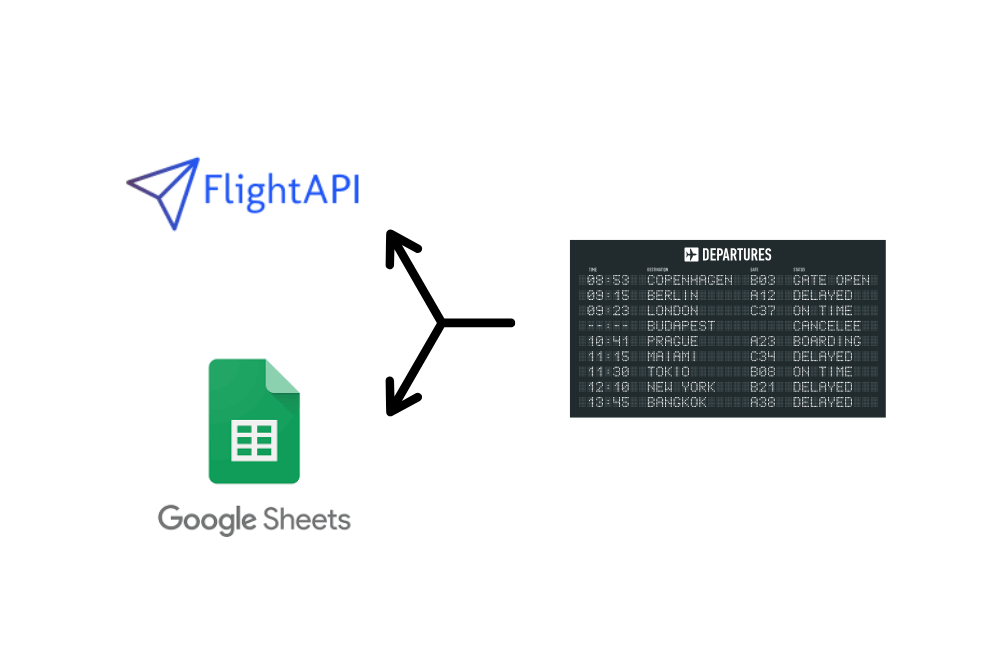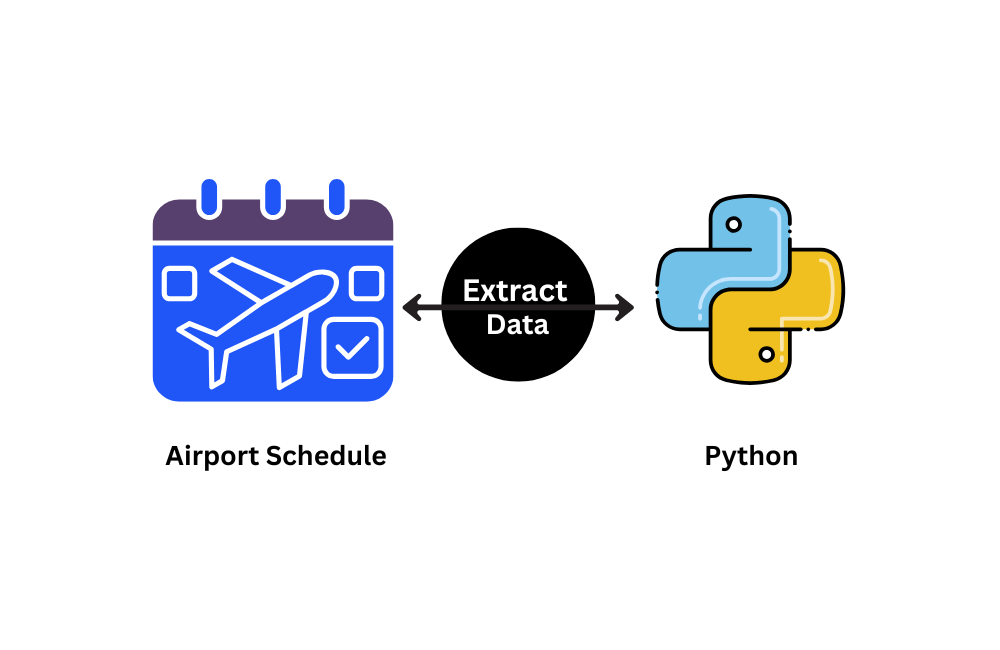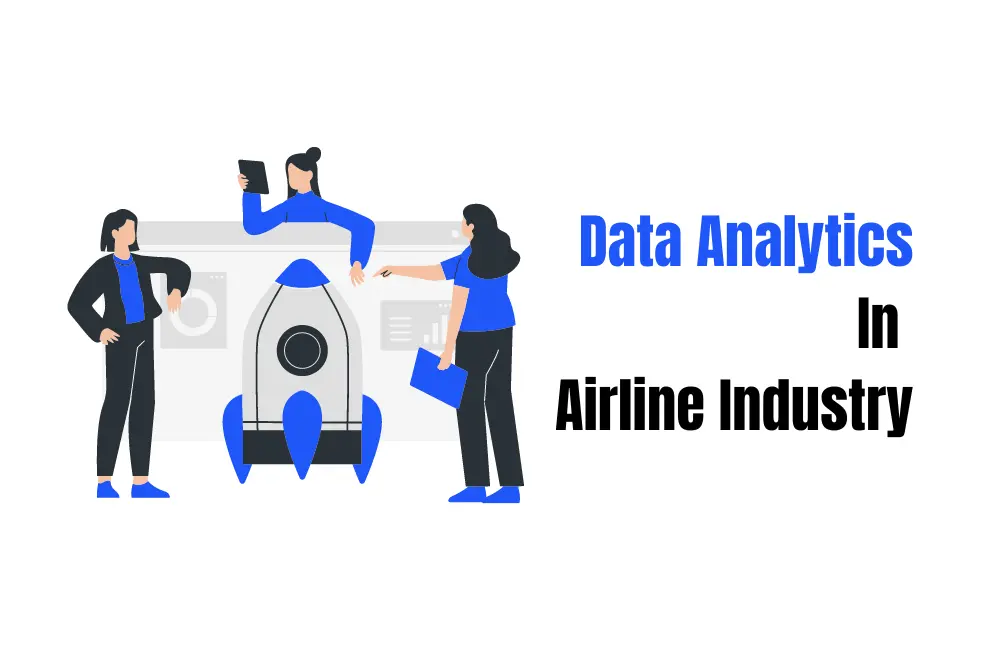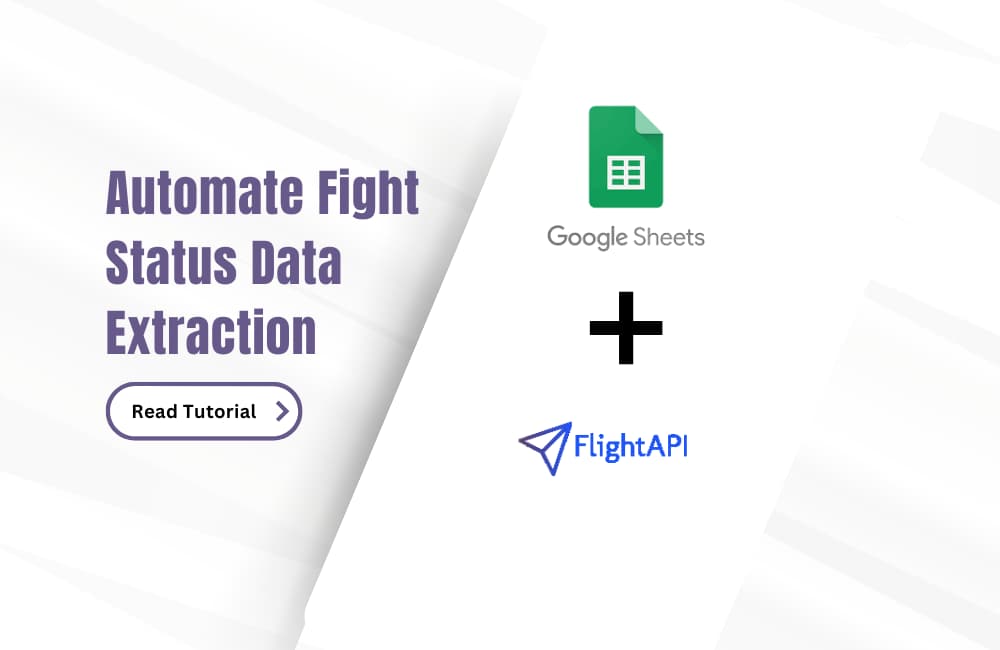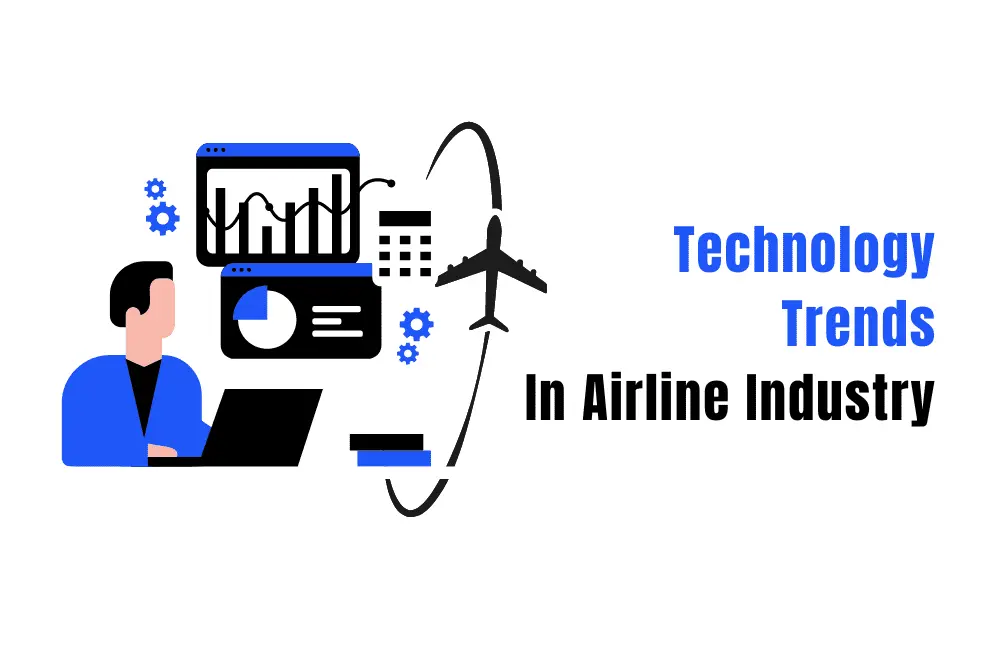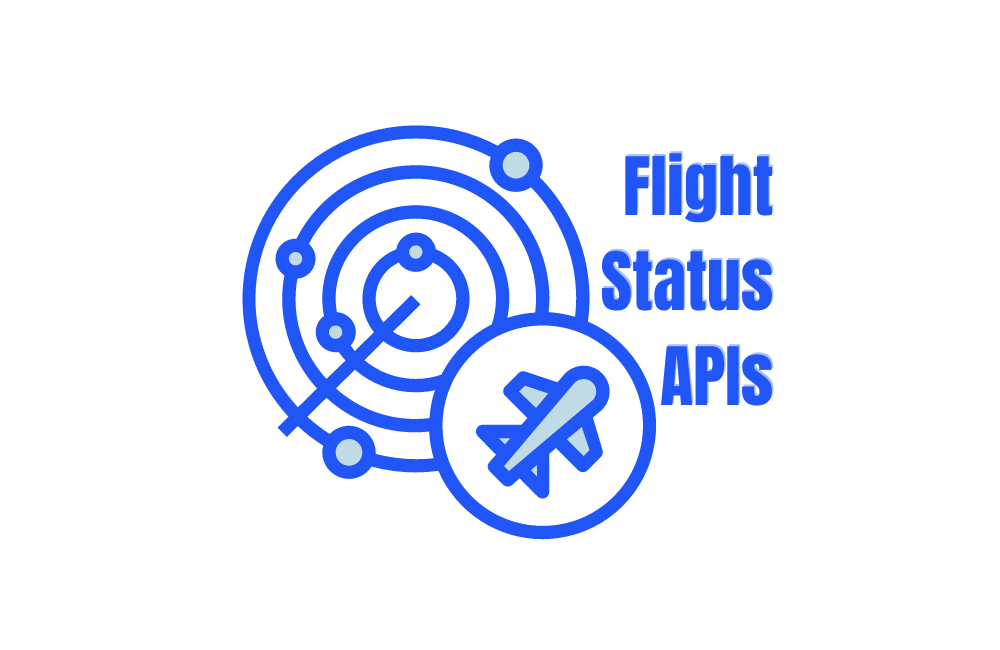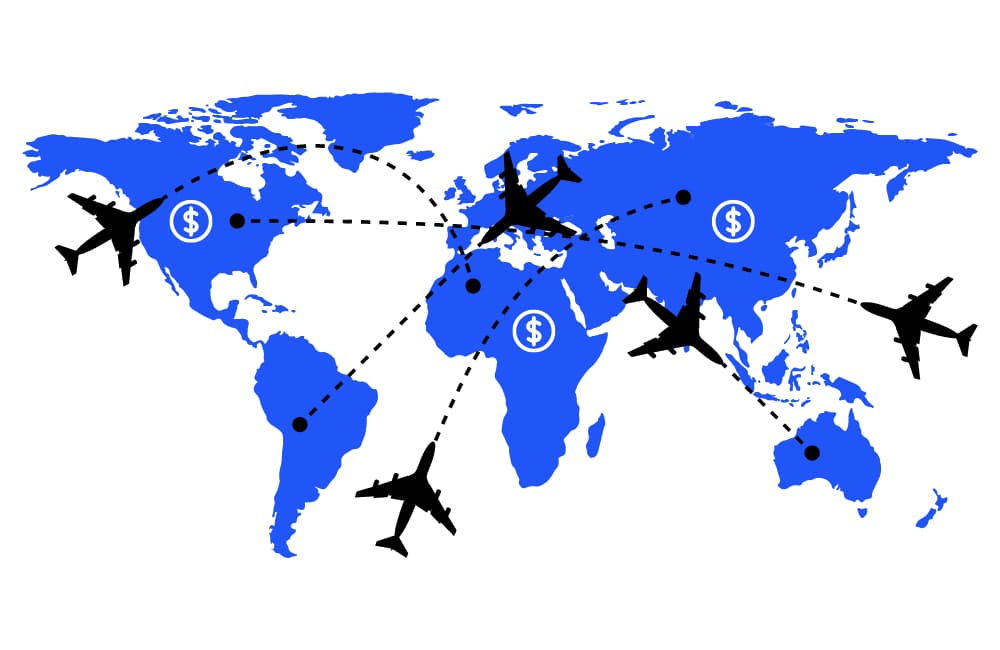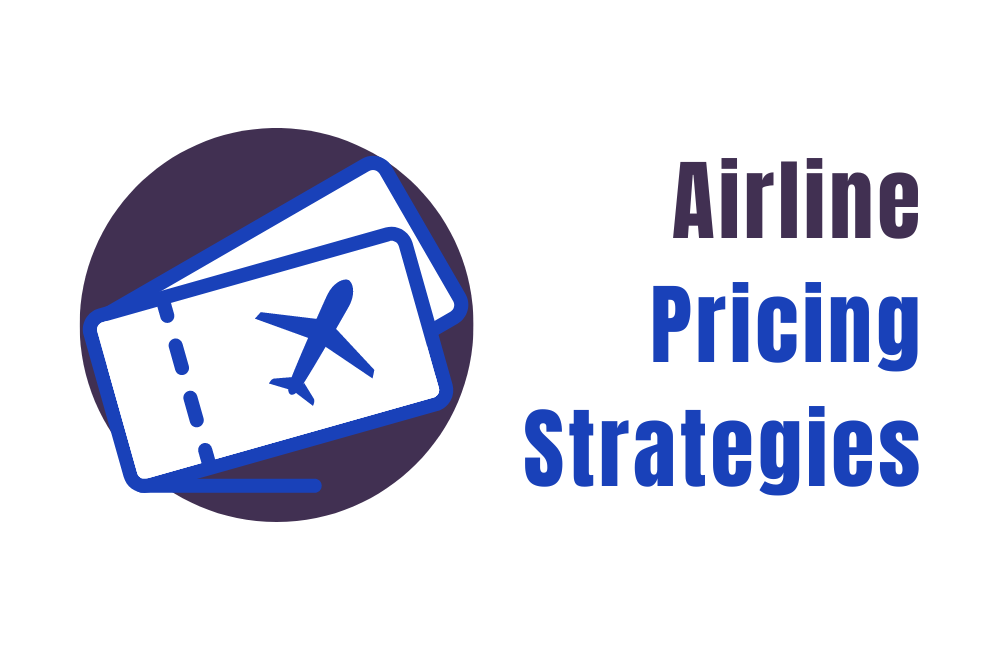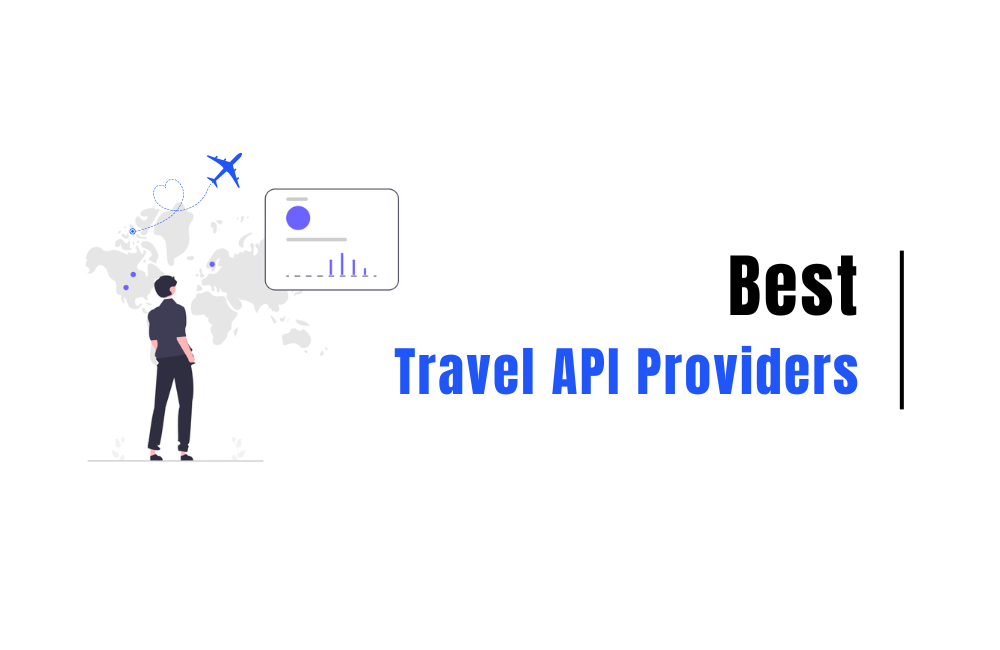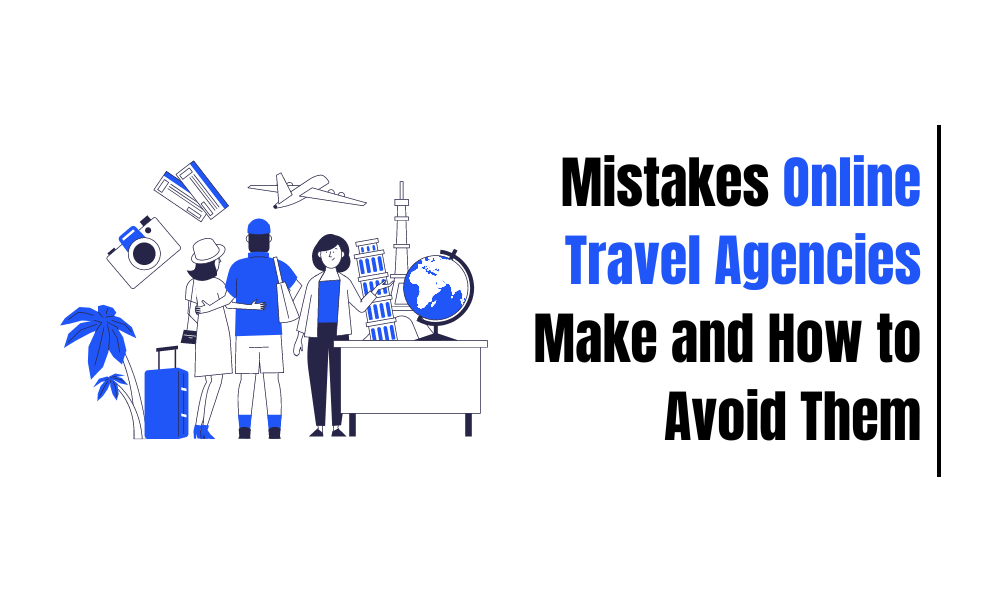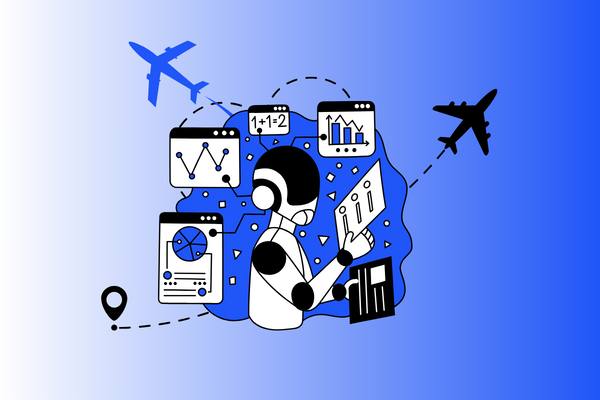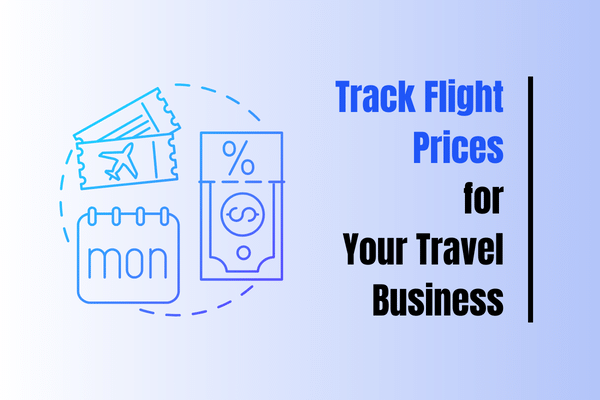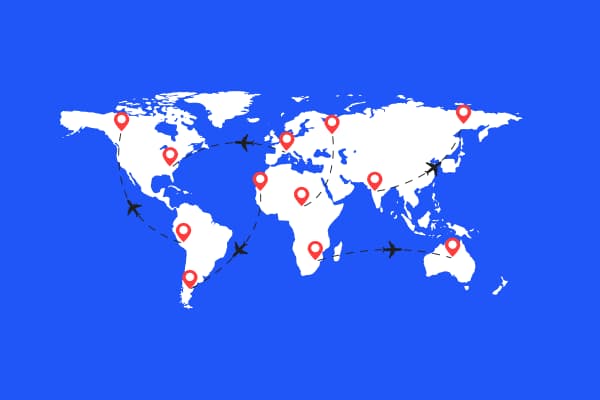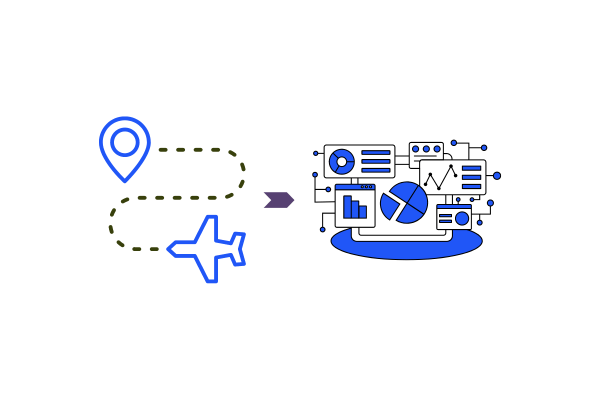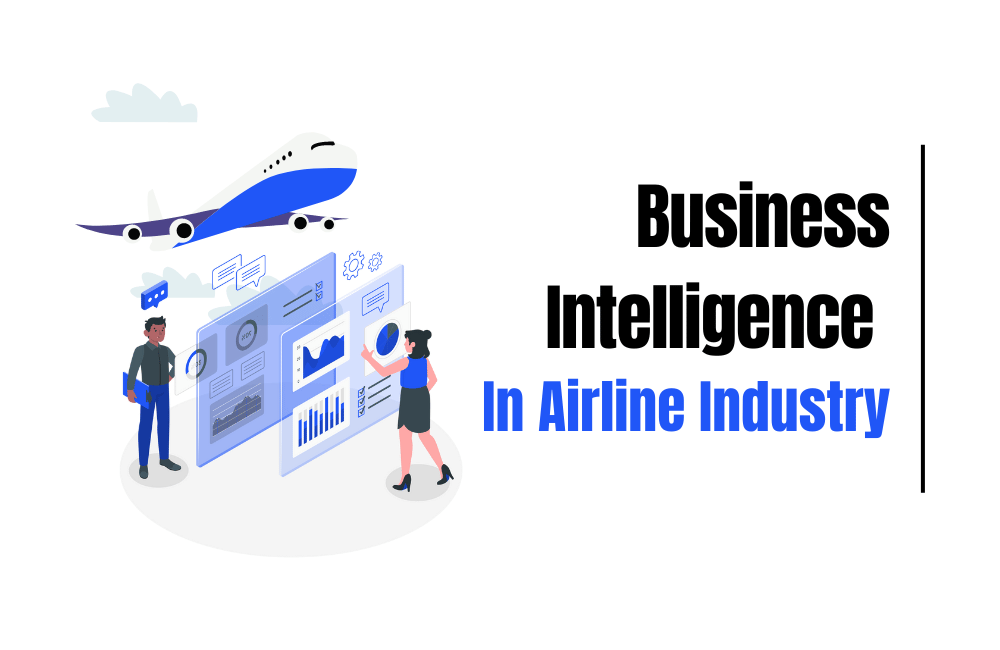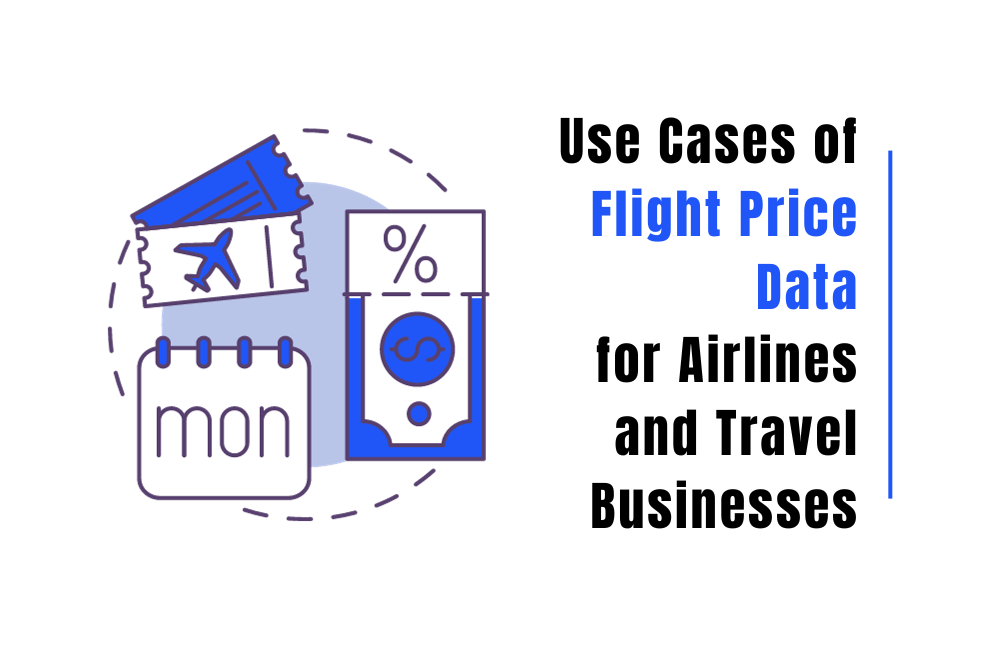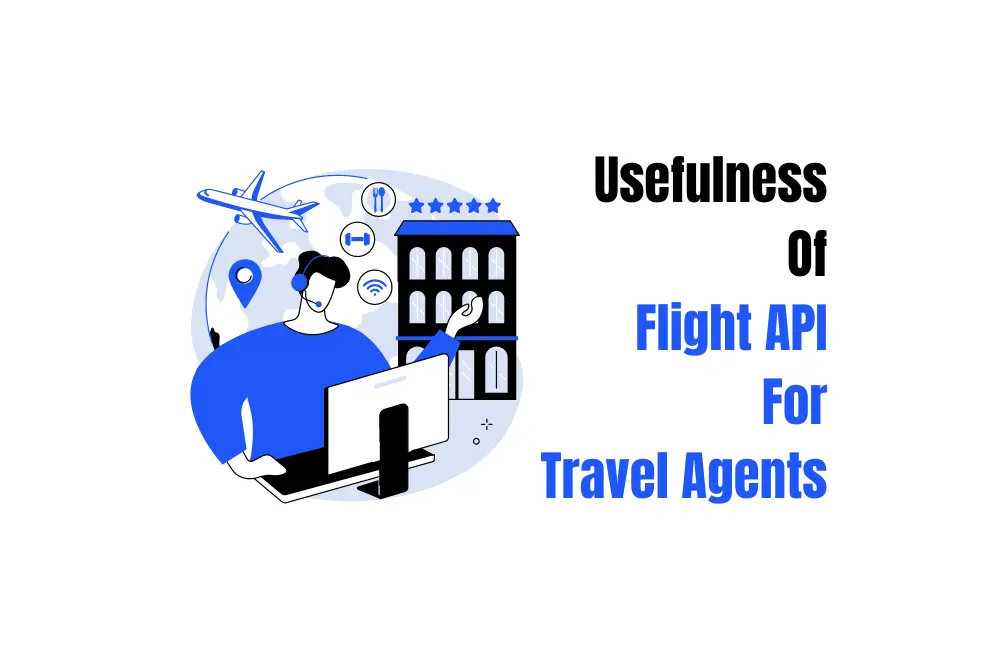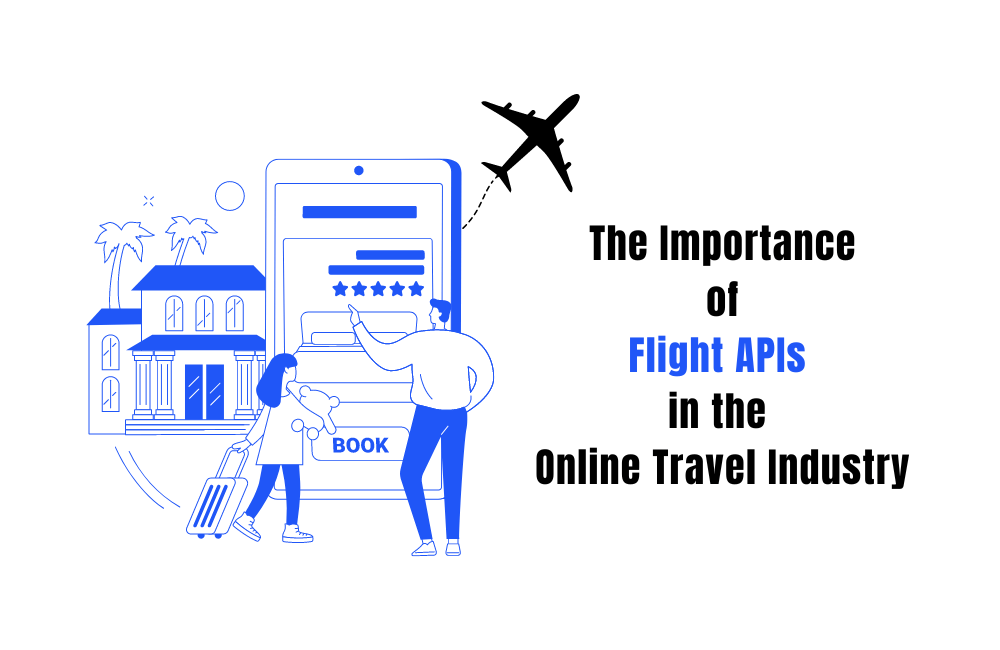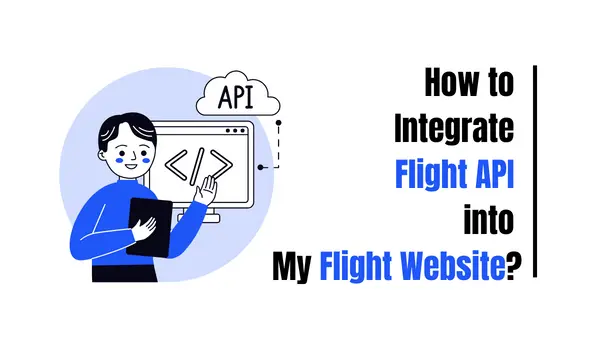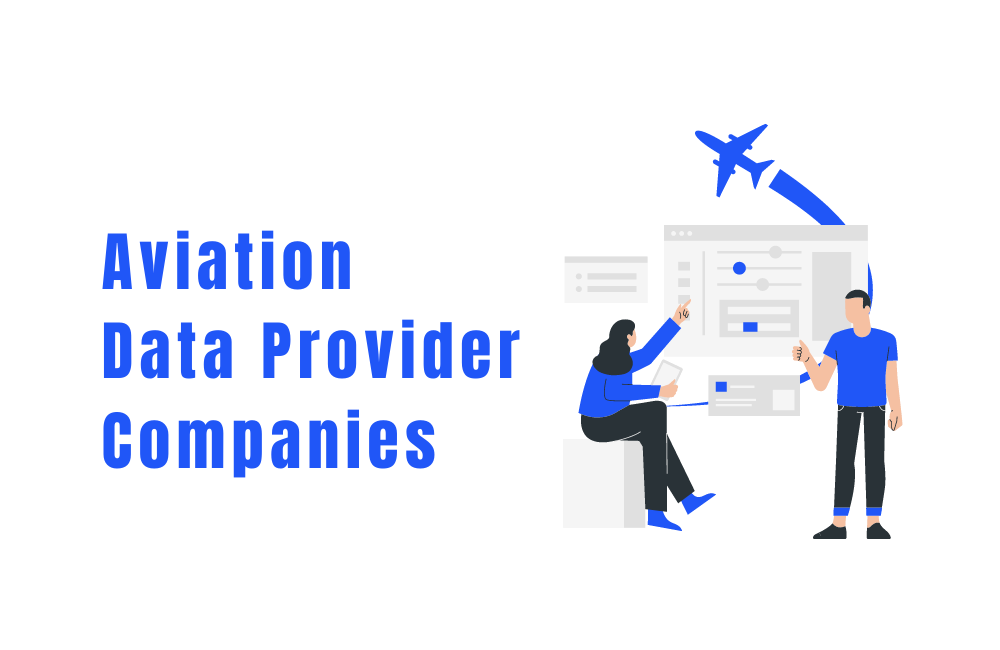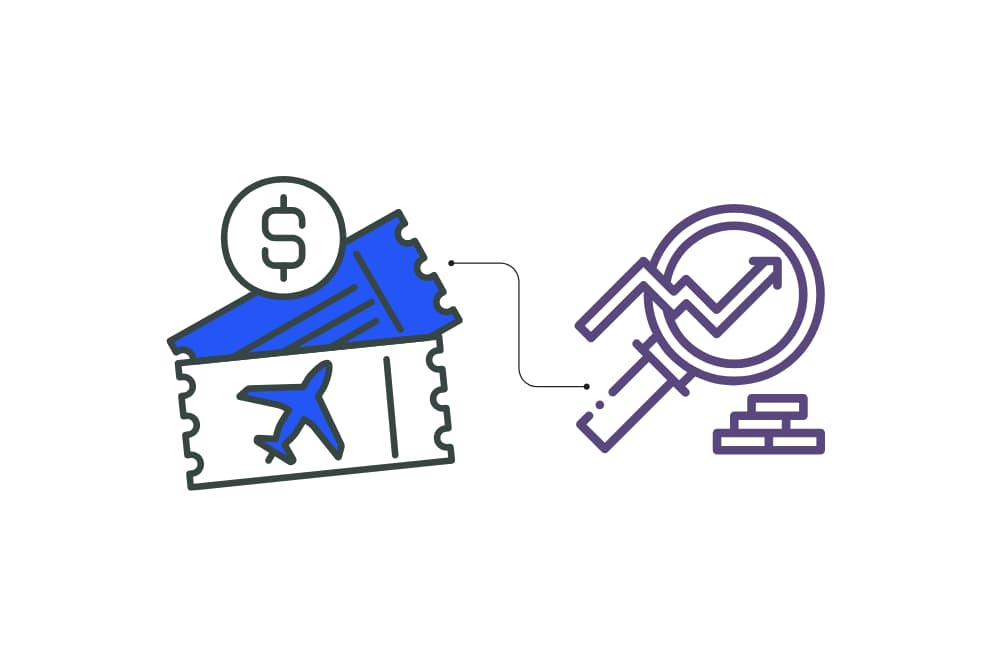The travel game is not what it used to be. Customers want more, competition’s brutal, and the pace is relentless. Whether it’s dynamic pricing, personalised offers, or real-time availability, decisions can’t be made on gut instinct anymore. You need sharp, actionable insights, not just numbers on a dashboard, but data that actually helps you move. Because if you’re not tracking, analysing, and acting on data in every part of your business, from bookings and customer behaviour to marketing spend, you’re flying blind. And in this post, we’re breaking down exactly why business intelligence in travel industry has gone from ‘nice to have’ to ‘non-negotiable’ especially for travel agencies that want to stay in the game.And, if you aren’t leveraging it yet, what you’re missing and how can you flip that script. Let’s get into it. Understanding Business Intelligence in the Travel Industry Travel Business Intelligence (BI) is how travel agencies turn raw data into smart decisions. It’s not just about tracking what’s happened, it’s about knowing what to do next. BI tools help you spot trends, react faster, and plan smarter using real-time insights from every part of your operation. Here’s the kind of data you’re working with: Old-school analytics tells you the story after it’s happened. BI helps you write the next chapter. Why BI Is Now a Strategic Necessity – Not a Luxury The travel industry’s no longer playing catch-up. It’s full-on survival of the smartest. Demand is unpredictable, travellers want experiences built for them, and OTAs are securing market share faster than ever. If you’re still reacting to problems after they hit, you’re already behind. This is where Business Intelligence flips the game. Instead of guessing, you’re predicting. Instead of responding late, you’re adjusting early. For example, a travel agency uses BI to spot a drop in family holiday bookings two months out. With that heads-up, they launch a limited-time promo tailored for school holidays. Bookings bounce back, and they beat the crowd. That’s the edge. What used to be “nice to have” is now non-negotiable. This will help you stay relevant, profitable, and a step ahead. Major Benefits of Business Intelligence for Travel Agencies 1. Personalised Customer Experiences People don’t want cookie-cutter travel packages anymore. They want options that reflect their tastes, habits, and budget. That’s where BI becomes a game-changer for travel agencies. By digging into customer data, past trips, booking frequency, how much they typically spend, and where they like to go, agencies can shape offers that feel made for the individual. Whether it’s pushing family-friendly getaways to returning parents or city breaks to frequent solo travellers, you’re not guessing anymore. You’re acting on insight. This also makes loyalty programmes smarter. If you know what keeps people coming back, you can design better incentives, communicate more effectively, and stay top of mind when it’s time for their next trip. 2. Dynamic Pricing and Revenue Management Prices in the travel industry change fast. A surge in demand, a local event, or even weather patterns can shift what people are willing to pay. Business Intelligence helps agencies spot these trends early and adjust pricing accordingly. Instead of blanket discounts or fixed markups, you can work smarter and raise prices when interest spikes or run targeted promotions when traffic drops. That means better margins without scaring off price-conscious travellers. How a Flight Price API Can Help Travel Agencies Most travel agencies don’t struggle because they lack effort. They struggle because they lack visibility. Prices change every minute, sometimes faster than your morning coffee cools down, and without live data, you’re reacting to yesterday’s market. That’s where a flight price api comes in. If you’re looking for one you can actually rely on, FlightAPI is built for that exact purpose. It gives you real-time access to flight fares, routes, and seat availability from hundreds of airlines and agents. All of it comes neatly formatted in JSON, ready to plug into your system without a technical circus. With a single GET request, you can fetch accurate data on fares, schedules, and even fare classes. So instead of waiting for someone to manually update prices, your platform always shows the latest numbers. That means you can adjust offers in real time, react faster than competitors, and stop missing out on customers because of outdated fare info. Agencies using the flight price api don’t have to guess their way through price fluctuations anymore. They’re operating with live intelligence and seeing what’s changing, where it’s changing, and how it affects their bottom line. It’s fast, reliable, and built to make smart pricing effortless. If you’d like to explore the full technical documentation for different use cases, you can check them out here: 3. Operational Efficiency & Cost Reduction Behind every inefficient process is a pile of data waiting to be looked at. BI helps you spot patterns that would otherwise go unnoticed. Whether it’s a recurring customer support issue, booking delays tied to certain suppliers, or gaps in staff coverage. Travel agencies can also integrate flight status APIs into their BI systems to monitor real-time flight operations—tracking delays, cancellations, and gate changes to improve coordination between teams and reduce the cost of last-minute rebookings. With the right setup, you can see where time and money are being wasted and fix it before it becomes a bigger problem. For instance, if your enquiry response time drops during weekends, that’s a staffing issue you can fix. Improving remote communication between distributed teams can also significantly reduce delays in customer response times and coordination issues. If fraud keeps popping up from a specific payment method, BI flags it early so you’re not left cleaning up the mess later. 4. Smarter Marketing That Actually Converts Throwing money at ads is easy. Knowing what’s working? That’s where BI earns its keep. With access to real-time performance data, travel agencies can fine-tune campaigns as they run. A/B testing gets sharper, segment targeting gets tighter, and your ad spend actually works harder. You know which platform brings in

Finding reliable flight price data may seem simple until you actually start searching. Then you realize how crowded the space...


